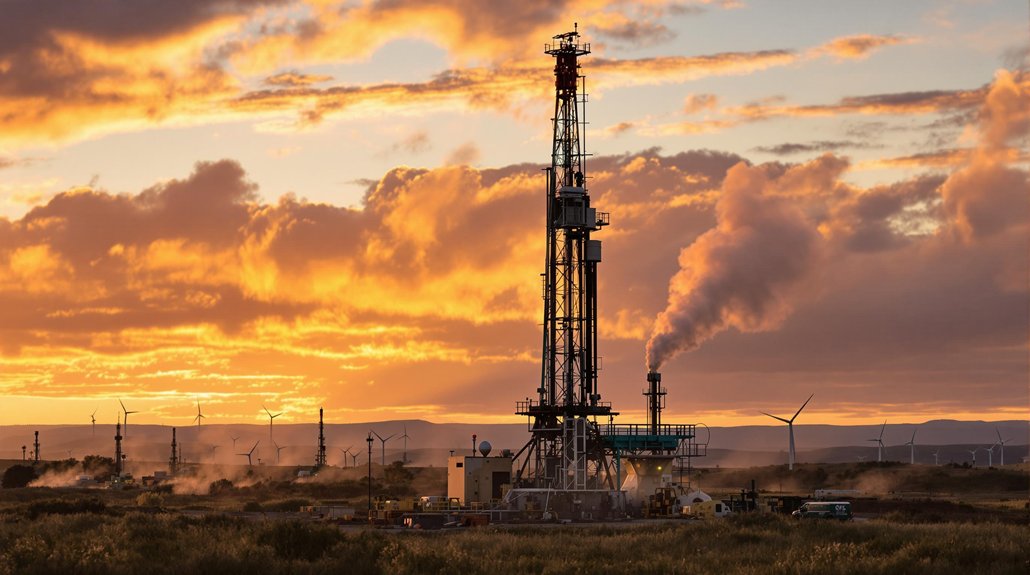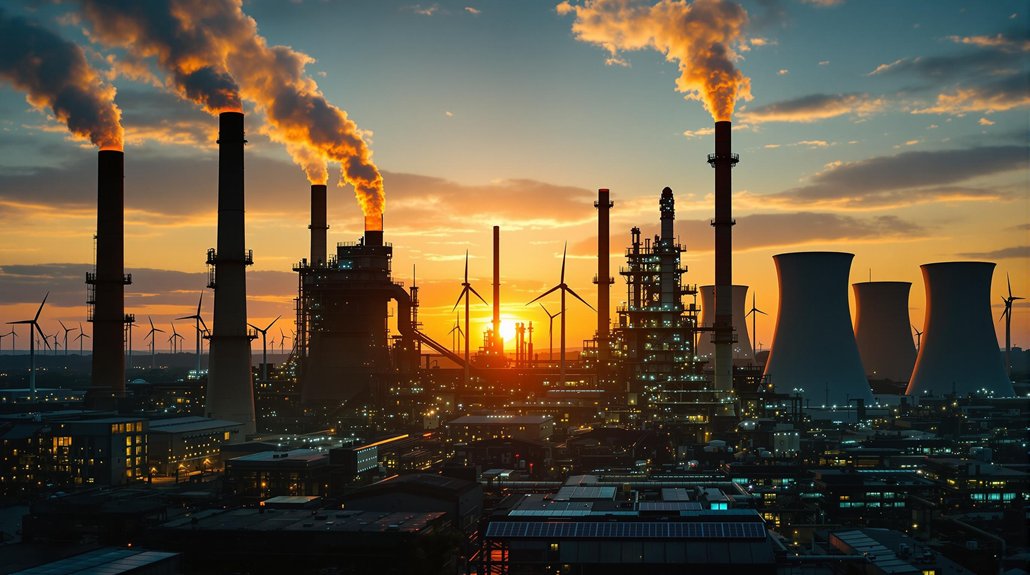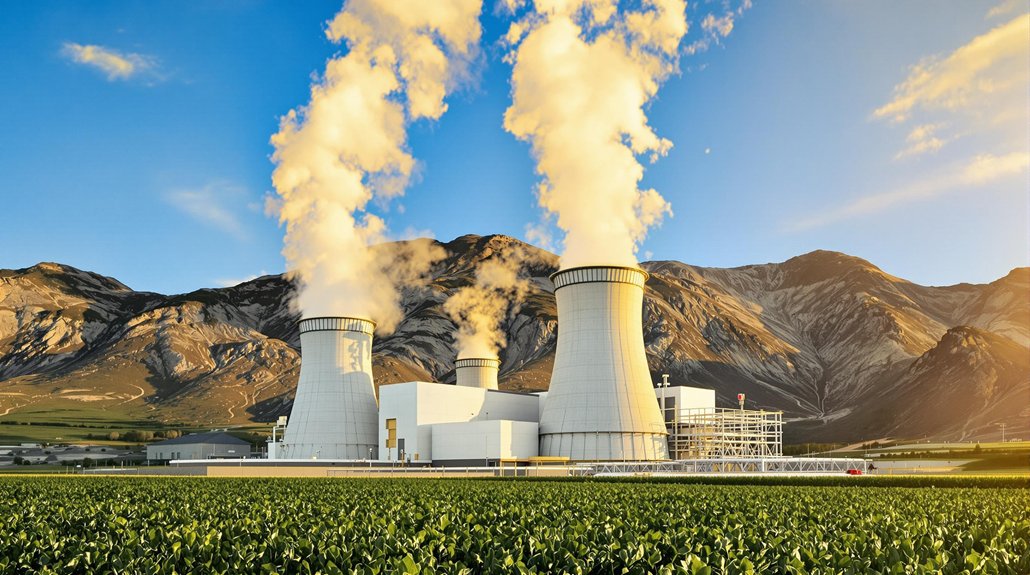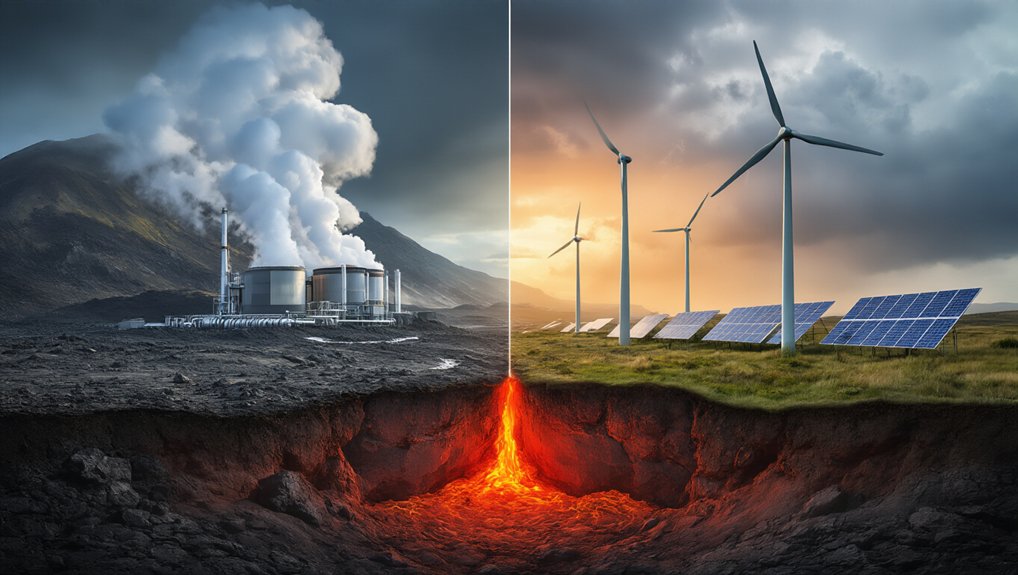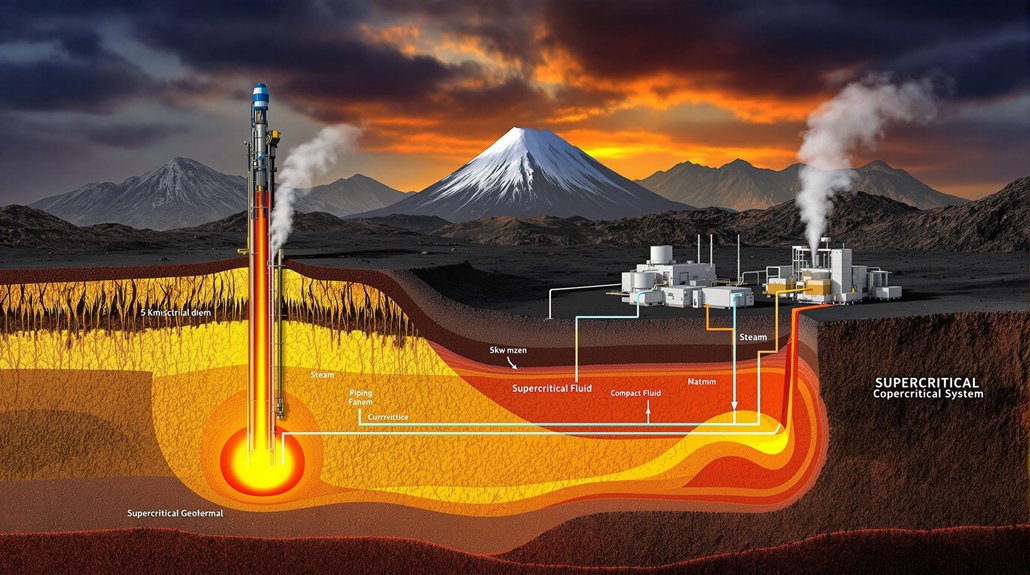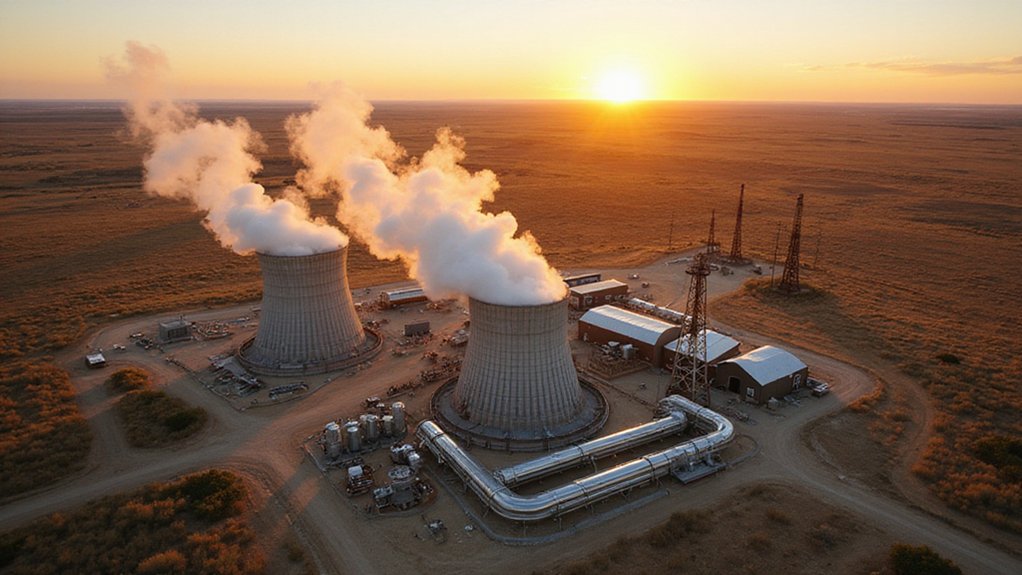Texas oil industry veterans are applying drilling expertise to geothermal energy development. These former frackers now lead clean energy initiatives, transforming Texas’s energy landscape beyond its oil state image. The shift offers steady income for landowners, avoiding the typical boom-bust cycle. Despite legislative pushback—with about 60 anti-renewable bills circulating—geothermal advances continue, providing reliable, round-the-clock power without toxic emissions. Turns out old dogs can learn extremely profitable new tricks.
Drilling for dollars has taken on a whole new meaning in Texas. The state famous for its oil barons is now leading the nation in wind and solar power production, with a whopping 40% of its energy coming from carbon-free sources. Yeah, you read that right. Texas. Clean energy. Not exactly what comes to mind when you think of the Lone Star State.
Oil veterans aren’t sitting on their hands watching the world change around them. They’re applying decades of drilling expertise to a new frontier: geothermal energy. Same skills, different hole. These roughnecks-turned-renewable-pioneers are fueling a quiet surge in geothermal development, using the exact same drilling tools and techniques that powered the fracking boom.
From oil barons to clean energy pioneers—same hard hats, different mission
The economics are compelling. Clean energy is already saving the average Texas household $200 annually. In 2024 alone, Texas installed 7.3 gigawatts of solar and 3.9 gigawatts of new battery storage. That’s serious juice. For landowners, these projects mean steady income without the boom-bust cycle of oil.
Not everyone’s thrilled. The Texas Senate passed legislation forcing renewable developers to invest in gas plants. About 60 anti-renewable bills have circulated in the legislature. Even some conservatives think that’s nuts, calling the measures market-distorting overreach. Classic Texas politics.
The stakes are enormous. Thirty percent of Texans work in energy. For many, these jobs provide upward mobility without college degrees. The industry shift is causing anxiety, but skills are transferable. Oil and gas expertise turns out to be pretty valuable in building clean energy projects. Former fracking financiers like Bobby Tudor are now leading energy coalitions focused on accelerating the transition to cleaner alternatives. Geothermal offers a particularly smooth transition since it provides clean, round-the-clock power without the toxic emissions associated with fossil fuels.
Texas sits at a crossroads. Rising electricity demand from factories and data centers means the state needs more power, fast. Geothermal could help reduce reliance on gas-fired generation, but it needs to scale quickly to compete. With its impressive availability factor of 95%, geothermal energy delivers reliability that few other renewable sources can match.
The irony isn’t lost on anyone. The state that built its identity on oil could become the unlikely leader of America’s clean energy transformation. And the people making it happen? The same rough-handed veterans who mastered the oil patch.
